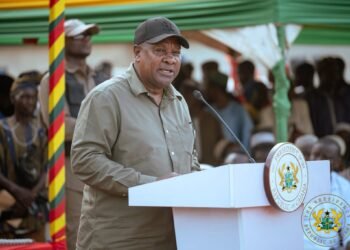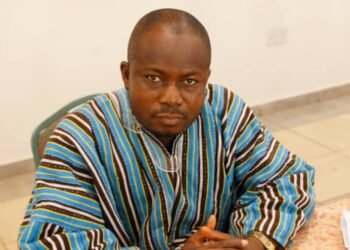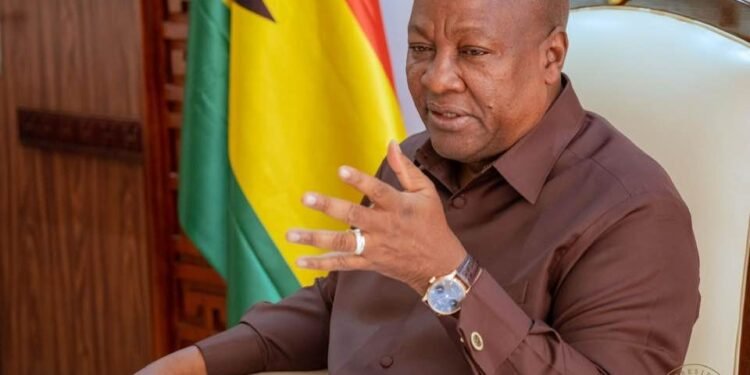President John Dramani Mahama has nominated His Lordship Justice Paul Baffoe-Bonnie for appointment as Chief Justice of the Republic of Ghana.
The nomination, announced on Tuesday, September 23, 2025, has been forwarded to the Council of State in line with Article 144(1) of the 1992 Constitution, paving the way for the next phase of parliamentary vetting and eventual swearing-in if approved.
A statement issued by the Presidency and signed by the Minister for Government Communications and presidential spokesperson, Felix Kwakye Ofosu, described Justice Baffoe-Bonnie as a jurist who has “served with diligence and integrity” across the different tiers of the judiciary, from the High Court to the Court of Appeal, and now, the Supreme Court.
“He has made invaluable contributions to the development of Ghanaian jurisprudence. He has earned the esteem of the Bench, the Bar, and the wider legal fraternity for his intellect, impartiality, and unwavering commitment to justice”.
Minister for Government Communications and presidential spokesperson, Felix Kwakye Ofosu
Justice Baffoe-Bonnie has been serving as Acting Chief Justice since April 22, 2025, following the suspension and subsequent removal of Justice Gertrude Araba Esaaba Sackey Torkonoo. Her removal, effected by the President on the recommendation of an Article 146 inquiry committee, opened the way for new leadership at the head of Ghana’s judiciary.
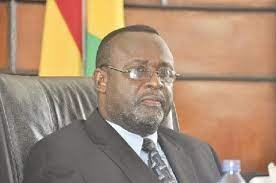
The nomination of Justice Baffoe-Bonnie therefore signals an attempt to restore stability and direction at a time when public confidence in the judiciary is under significant strain.
Baffour Bonnie’s Professional Growth
The judge’s personal story reflects both resilience and steady professional growth. Born in Goaso, in the Ahafo Region, he began his education at the Local Authority primary and middle schools, grounding him in the realities of rural Ghana.
He later attended Konongo Odumase Secondary School, where he earned both his O-Level and A-Level certificates, before gaining admission to the University of Ghana to study law. Those formative years laid the foundation for a career that has seen him climb every rung of the judiciary.
Justice Baffoe-Bonnie began his judicial career as a Circuit Court Judge in Duayaw Nkwanta. His performance in that role earned him appointment as a High Court Judge in Kumasi, where he presided over a wide range of cases that deepened his understanding of the challenges facing the justice system.
His dedication and professionalism led to his elevation to the Court of Appeal in 2006, and subsequently, the Supreme Court in 2008, both appointments made by then-President John Agyekum Kufuor. Over the years, he has developed a reputation for measured reasoning, independence of thought, and consistency in his judgments.
Yet his formal confirmation as Chief Justice will coincide with one of the most testing periods in the recent history of Ghana’s judiciary. Public trust in the institution is at an all-time low, with citizens increasingly vocal about systemic weaknesses.
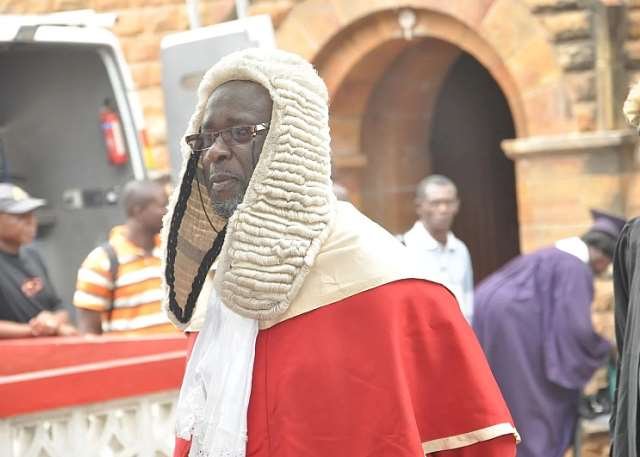
Case backlogs, arbitrary transfers of judges, opaque empanelment practices, and perceived entanglements with the executive have fueled skepticism about judicial independence. Critics argue that unless bold reforms are introduced, the judiciary risks further erosion of credibility.
At nearly 69 years old, Justice Baffoe-Bonnie will have less than two years to serve before reaching the mandatory retirement age. For many observers, this creates both a limitation and an opportunity.
On one hand, the short tenure may constrain the scope of reforms he can introduce, especially those requiring long-term institutional adjustments. On the other hand, it offers him a chance to focus his energies on urgent reforms that can create immediate impact and cement a legacy.
Legal analysts say his challenge will be to prioritize. Addressing case backlogs, ensuring transparent systems for empanelment, and rebuilding the judiciary’s independence from political influence are issues that many argue should top his agenda.
For President Mahama, the nomination comes at a time when his administration is under pressure to demonstrate commitment to strong and independent state institutions. By elevating a figure with deep judicial experience and a reputation for impartiality, the President appears to be signaling his willingness to restore confidence in the judiciary and uphold the rule of law.
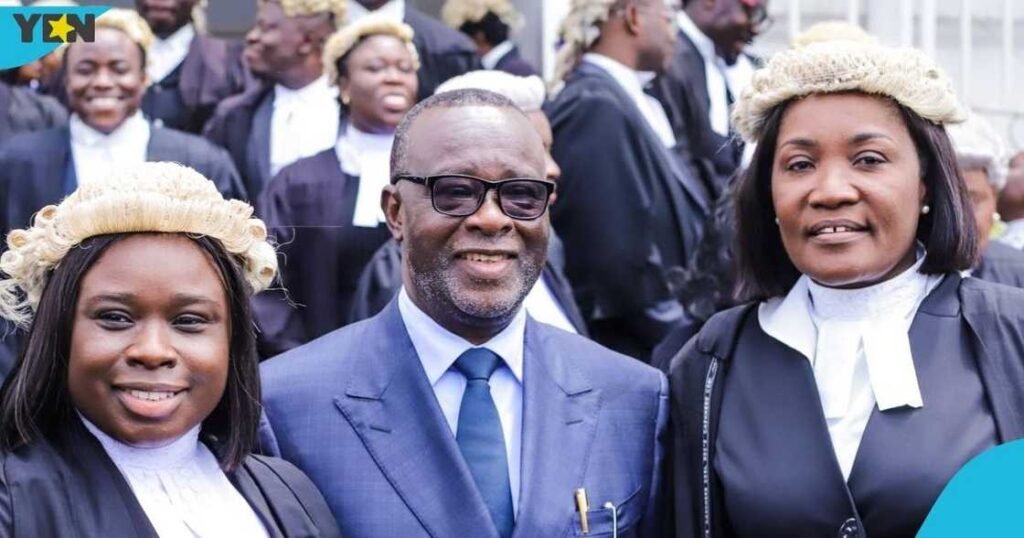
The next steps will involve the Council of State’s consideration of the nomination, followed by vetting and approval by Parliament. If successful, Justice Baffoe-Bonnie will be sworn in as Chief Justice, formally assuming leadership of an institution facing both skepticism and hope from the Ghanaian public.
His task will be to balance continuity with reform and to restore faith in a judicial system that remains a cornerstone of Ghana’s democracy.
READ ALSO: No Ghanaian Left Behind: BoG Pushes Digital Financial Literacy for All




